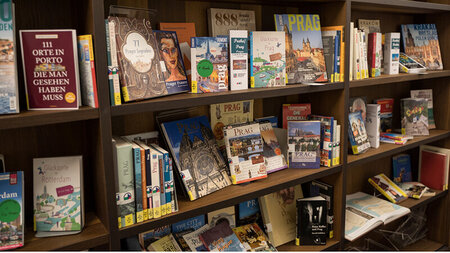Successfully completed doctorate
On 30 July 2021, Johannes Näther successfully defended his dissertation thesis entitled „Influence of structure and manufacturing route on the tribological behaviour of thermally sprayed high entropy alloys“. The thesis was written as part of a cooperative doctoral process between the Faculty of Mechanical Engineering at Chemnitz University of Technology and Mittweida University of Applied Sciences.
Due to its high hardness, corrosion resistance and electrical conductivity as well as its high catalytic activity for the oxygen formation reaction, the material iridium has great potential as a final layer both for application on sliding and plug-in contacts and for polymer electrolyte membrane electrolysis (PEM electrolysis). Compared to the technically established layer application by means of thin film technology, the electrochemical layer deposition from aqueous electrolytes is characterised by a particularly economical production of layer thicknesses in the range of 1 μm on complex shaped components.
Within the scope of his dissertation, Dr Näther first investigated electrolyte ageing using hexabromoiridate complexes in a mechanistic way. The formation of an electrochemically inactive aquacomplex was discussed as the main cause for the decreasing current yield of metal deposition with increasing bath load. This process can be slowed down by, among other things, separating the anode and cathode compartments, using Ir/Ru mixed oxide anodes, adding easily oxidisable compounds (buffers) and the largest possible area ratio of anode to cathode. Due to the incorporation of foreign atoms and the extremely fine-grained structure, the deposited iridium coatings have a penetration hardness of up to 980 HV and, compared to conventional hard gold and rhodium coatings, a significantly higher wear resistance on the kaloMax NT calotte grinder. However, the coatings are subject to high residual stress, which results in cracks in the coating, higher electrical resistances and the risk of premature coating flaking when used on grinding and plug contacts. To maximise the catalytic activity, iridium was selectively deposited in the form of nanoscale particles on titanium sintered electrodes using a pulse current.
First test results within the scope of the work showed a similarly good performance compared to the benchmark samples, whereby the iridium loading could be reduced by up to 90 % compared to the state of the art. In addition, as a result of the improved bonding of the particles to the electrode surface, a reduced catalyst degradation and consequently an increased service life of the electrolyser can be expected.
The work will soon be published under the IWW's own publishing house in the series „Materials and Materials Engineering Applications“ and in the Qucosa portal ( https://www.qucosa.de/startseite/ ).
Image:
Dr Johannes Näther in regalia next to the traditional flag of the IWW, the collection of doctoral sashes dating back more than five decades and the „Philosopher's Stone“ with the book of doctoral and postdoctoral graduates of the IWW.
26.8.2021 – Personnel of the professorship ( thomas.grund@mb… )






